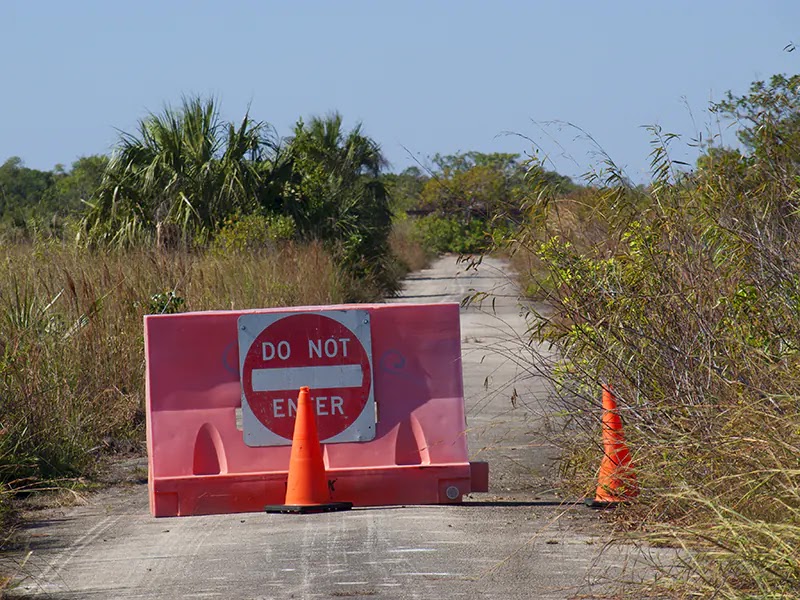Forgotten Books: "Among Congo Cannibals", the tale of a missionary that lived 30 years in Africa
The Boloki tribe belongs to the great Bantu race that stretches from 6° north of the Equator to Cape Town, and from the east to the west coast.
Bangala is the name originally given by the Bobangi traders of Irebo to a people who reached them first from the settlement of Mangala, who call themselves Boloki in one district, Liboko in another and Mbala in another. Bangala is a convenient name to describe them as a whole,
The dialect chosen and called Ngala is spoken by the Boloki who occupy the settlements of Mangala, Mosembi, (and passing over Liboko) Mobeka on the North bank;
 |
| Reverend John H. Weeks and his wife - Photo from the book "Pioneering on the Congo" published in the year 1900. |
It was not until some years later that I heard the reason for these frequent demonstrations on our beach; there was a large party, composed of the principal head-men in the town, who wanted to kill and rob us of our goods, but they were not sure of our resources.
While we were sitting at our tea the last party of returning warriors filed past our house, carrying the limbs of those who had been slain in the fight. Some had human legs over their shoulders, others had threaded arms through slits in the stomachs of their dismembered foes, had tied the ends of the arms together, thus forming loops, and through these ghastly loops they had thrust their own living arms and were carrying them thus with the gory trunks dangling to and fro.
...and the next morning they brought some of the cooked meat to the station, and thinking they were doing us a favour, they offered to share it with us—the meat looked like black boiled pork.
On another occasion, the cannibal custom showed up in sort of a festive celebration.
They bought as fat a slave as they could procure, broke his legs and arms, and fed him for three days, while they made a great quantity of sugar-cane wine. I made every possible endeavour to save him, but utterly failed to do so, and on the third day he was killed and the horrible orgy was held.
The Boloki also took parts of dead enemies as trophies.
When a man kills his opponent in a fight he cuts off his head and removes his lips, which latter he thoroughly dries in the sun, and then sticks them over with brass chair nails and wears them as an ornament with as much pride as a decoration is worn by the civilized soldier.
Another Boloki custom was to sacrifice wives to go with their husband to the afterlife - they had multiple wives. The chosen women were buried alive with the corpse of their husband.
For the small girls, life was also tough.
Above the age of five years it is impossible to find a girl who is a virgin, and it has been difficult to find a word for virgin in the Congo languages.
On the religion of the Boloki, Reverend John H. Weeks said that they believed in a supreme being named Nyambe but feared more the world of the spirits.
I never met among them a man daring enough to go at night through the forest that divided Monsembe from the upper villages, even though a large reward was offered. Their invariable reply was: "There are too many spirits in the bush and forest."
Some people served as mediums to communicate with the spirits and Weeks writes that the person speaks in a language only known to the oldest people. He described the process:
...the medium work himself into a frenzy, shout, tremble all over, his muscles quiver, his body undulates, perspiration breaks out on his forehead, and foam gathers about his mouth, and his eyes roll; and when thoroughly under the spell of the spirit he gives utterance to oracles that are implicitly believed by the people.
This book defines "Nganga" as a medicine man, witch doctor, wizard, sorcerer, or magician. Weeks also affirms that there were not as many ngangas among the Boloki as he found among the tribes of the Lower Congo. He also explains the origin of the word "fetish" as coming from the Portuguese feitiço - translates to English as "witchcraft".
Interesting the description of the native's method of getting salt from grass. Extraction of small amounts of salt from plants has been documented in parts of West and Central Africa - even banana trunks and peels are mentioned as sources.
The proper kind of grass is collected, dried, and burnt. A funnel of large leaves is prepared, some of the ashes are put in the funnel and water poured over them. This percolates through the leaves, and when evaporated leaves a thin layer of salt.
John H. Weeks provided some statistics about the deaths of missionaries of the Baptist Missionary Society in their mission.
100 white people joined the mission in the period of 1878 to December 31st, 1911. Of these, 38 died, 8 had to leave for health issues, and 8 because of health problems of their wives. No doubt that malaria took a heavy toll in the missions in Congo.
During the first years of our Mission we lost the most of our men through bad houses, poor food, and ignorance of the proper treatment of fevers,
John H. Weeks said that he always tried to defend the Congolese natives.
I was among the first to raise my voice against the horrible conditions that prevailed until recently in many parts of the Congo.





Comments
Post a Comment